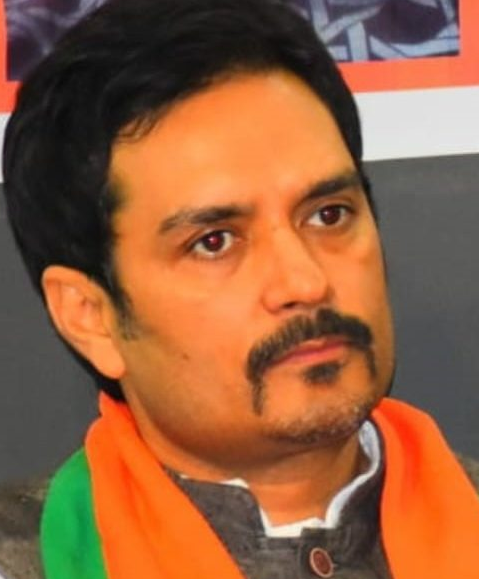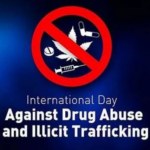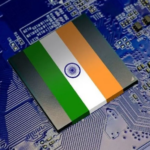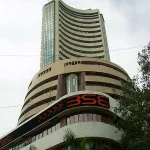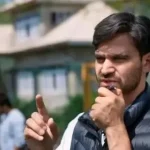In the annals of Indian history, few periods evoke as much controversy and debate as the Emergency declared by Prime Minister Indira Gandhi from 1975 to 1977. This 21-month span saw a dramatic suspension of civil liberties and a reconfiguration of power that left an indelible mark on the nation’s democratic fabric.
The Prelude to Power’s Eclipse
The story begins on a summer night in 1975, when the Indian government, citing internal disturbances, invoked Article 352 of the Constitution and proclaimed a state of emergency. This extraordinary measure granted the Prime Minister the authority to rule by decree, bypassing the usual legislative process and curtailing fundamental rights. The backdrop to this decision included a combination of political, economic, and judicial challenges faced by Indira Gandhi. The Allahabad High Court had found her guilty of electoral malpractices and invalidated her 1971 election to Parliament, which threatened her political career. Coupled with mounting economic instability and widespread protests led by opposition figures like Jayaprakash Narayan, the stage was set for a drastic measure.
The declaration of Emergency was thus a reaction to a perceived threat to national security and public order, but many argue it was a means to consolidate power and silence growing dissent. The suspension of constitutional rights, such as freedom of speech and the right to assemble peacefully, marked the beginning of a period where the democratic processes of the country were put on hold.
The Iron Grip of Authority
The Emergency’s most immediate and visible effect was the suppression of dissent. Political adversaries, activists, and even students found themselves ensnared by draconian laws like the Maintenance of Internal Security Act (MISA) and Defence of India Rules (DIR), which facilitated detention without trial. These laws provided the government with sweeping powers to arrest and detain individuals indefinitely, often without formal charges or a trial. Prominent opposition leaders such as Atal Bihari Vajpayee, L.K. Advani, and many others were arrested, severely weakening any organized resistance to the government’s actions.
This period saw the government exercising an unprecedented level of control over the citizens, with the police and intelligence agencies playing pivotal roles in enforcing the new laws. Reports of torture, custodial deaths, and other human rights abuses became common as the state machinery was used to intimidate and crush opposition. The atmosphere of fear and repression extended to the academic institutions as well, where students and professors critical of the government faced expulsion and arrest.
A Violation of Human Dignity
Perhaps the most infamous legacy of the Emergency is the forced sterilization campaign. Spearheaded by Sanjay Gandhi, the Prime Minister’s son, this initiative targeted the vulnerable and marginalized, coercing them into sterilization to control population growth. The campaign was part of a broader initiative to modernize India, which included slum clearance and urban beautification projects. However, the methods employed were brutal and often inhumane.
The government set unrealistic targets for sterilization, leading to coercion and forceful implementation. Reports emerged of men and women being rounded up, sometimes under the pretext of receiving medical treatment, and then sterilized against their will. The campaign disproportionately affected the poor, who were more easily coerced by threats or promises of incentives. This blatant disregard for individual rights and bodily autonomy has been widely condemned and remains a dark chapter in India’s history.
The Muzzling of the Fourth Estate
Censorship was another hallmark of the Emergency. The government exerted tight control over the media, dictating what could be reported and silencing critical voices. Journalists who defied these restrictions faced persecution, and the free flow of information—a cornerstone of any democracy—was severely disrupted. Newspapers were required to obtain government approval before publishing, leading to a climate of self-censorship among journalists and editors.
Prominent publications like The Indian Express and The Statesman were targeted, and their presses were shut down for defying censorship orders. This clampdown extended to the film industry and other forms of media as well, stifling creativity and critical discourse. The result was a severely restricted public sphere where only pro-government narratives were allowed to flourish. The period saw the rise of sycophantic journalism, where news outlets aligned closely with the government to avoid repercussions.
Economic Turmoil amidst Political Upheaval
The Emergency also had significant economic repercussions. While some argue that it brought about a degree of economic stability, others point to the period’s inflation, unemployment, and overall economic stagnation as evidence of mismanagement. The government’s policies during this time were seen as attempts to centralize control over the economy, which had adverse effects on investment and employment. The emphasis on large-scale industrialization and population control led to neglect of agricultural and rural sectors, exacerbating the economic woes of the common people.
Measures like the 20-point program, aimed at poverty alleviation and social reforms, had mixed results. While there were improvements in certain infrastructure projects and literacy rates, the overall economic scenario remained bleak. Inflation remained high, and the industrial growth rate fell, leading to increased unemployment and underemployment. The Emergency period also saw a rise in black market activities and corruption, as businesses and individuals sought ways to circumvent stringent government regulations.
The Aftermath and Lessons Learned
The end of the Emergency in 1977 brought a collective sigh of relief across the nation. It was a time for reflection and rebuilding, for ensuring that the pillars of democracy—freedom of expression, the rule of law, and the sanctity of human rights—were restored and fortified. The general elections held in March 1977 resulted in a resounding defeat for the Congress party, and Indira Gandhi lost her seat. The newly elected Janata Party government, composed of former opposition leaders, took significant steps to dismantle the authoritarian structures put in place during the Emergency.
Key reforms included the restoration of fundamental rights, the release of political prisoners, and the repeal of oppressive laws like MISA. The judiciary’s independence was reasserted, and steps were taken to prevent future abuses of power. The period also saw a greater emphasis on decentralizing power and strengthening local governance to ensure that democracy could not be so easily subverted again.
A Resilient Democracy Emerges
Today, the Emergency stands as a cautionary tale of how easily democracy can be undermined. It reminds us of the need for vigilance and the importance of safeguarding the rights and freedoms we often take for granted. The lessons learned from this period have been instrumental in shaping India’s democratic institutions and ensuring checks and balances against the concentration of power.
As India continues to navigate its path as the world’s largest democracy, the lessons of the Emergency era remain ever relevant. The period serves as a stark reminder of the fragility of democratic institutions and the need for constant vigilance to protect civil liberties and human rights. The resilience shown by the Indian populace during and after the Emergency highlights the enduring strength of democratic values and the importance of public participation in governance.
In conclusion, the Emergency era is a significant chapter in Indian history, serving as a powerful reminder of the perils of unchecked authority and the enduring strength of democratic principles. As the country moves forward, the experiences of this period continue to inform and strengthen its commitment to democracy, justice, and the rule of law.
(The Author is Spokesman of BJP. Feedback: [email protected])


